Total Quality Management is
an approach that aims to help companies achieve business excellence. Hospitality management is no different, with the goal of increasing visitor pleasure, gaining a competitive advantage, and ensuring repeat business.
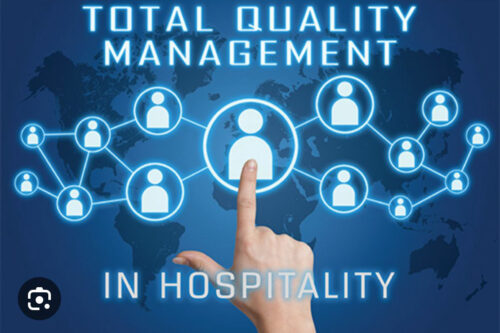
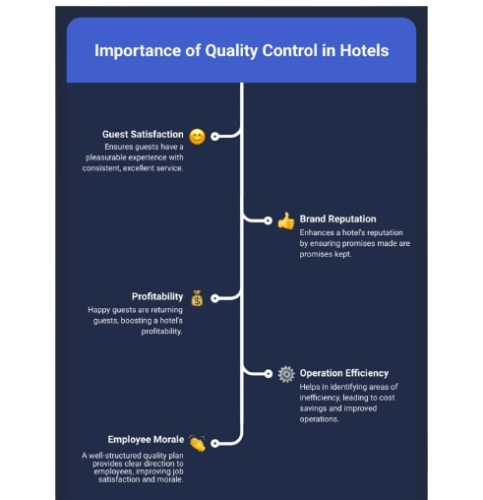
Quality control is paramount in hotels as it directly influences guest satisfaction, reputation, and overall success. Ensuring that all aspects of the guest experience, from service quality to cleanliness, meet or exceed expectations is crucial for fostering loyalty and positive reviews. In an era where online feedback plays a significant role, maintaining high standards is essential for managing the hotel’s reputation and standing out in a competitive market. Beyond guest satisfaction, quality control contributes to operational efficiency, compliance with standards, and employee morale. By identifying and rectifying issues promptly, hotels can not only provide an excellent experience for guests but also ensure long-term success in the hospitality industry.
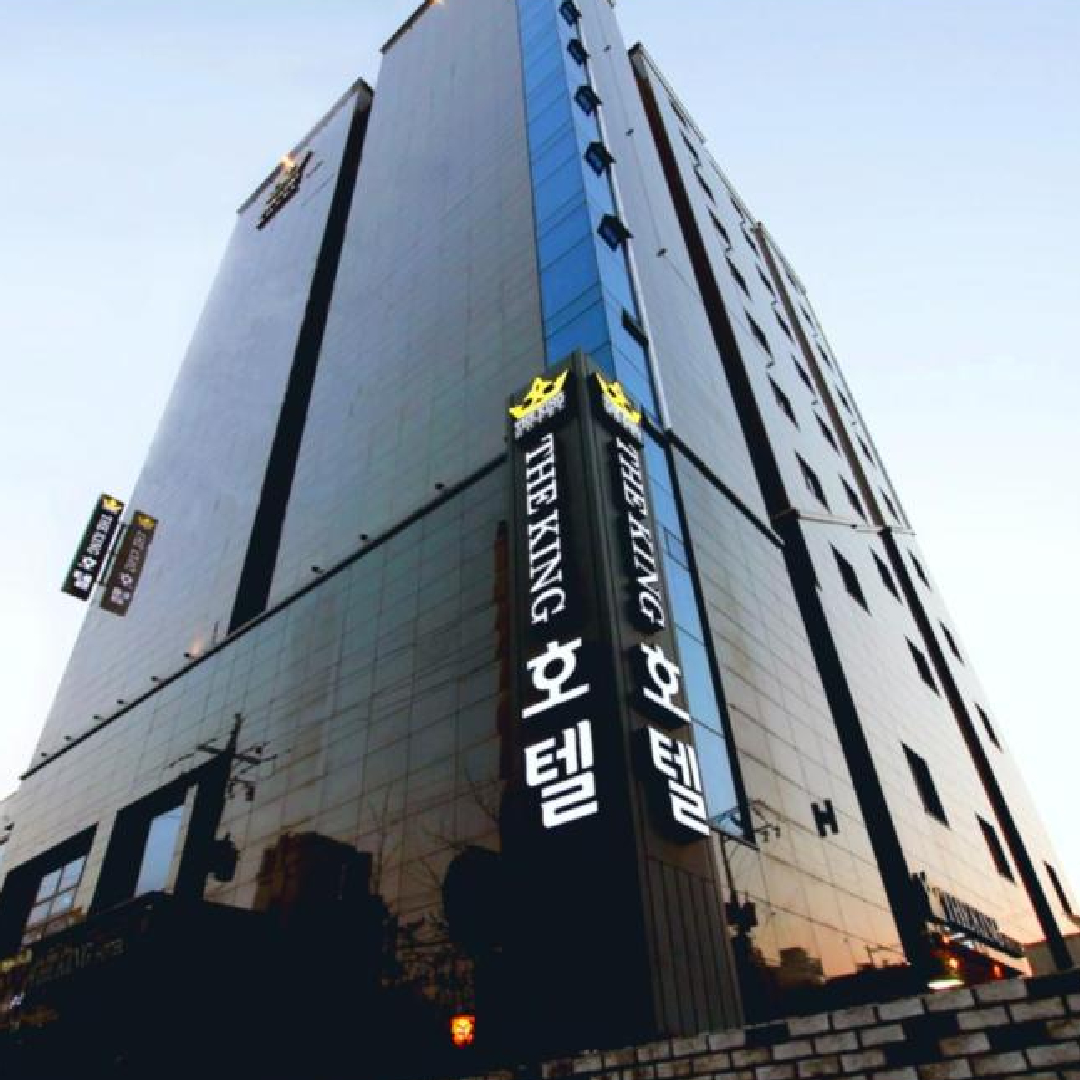
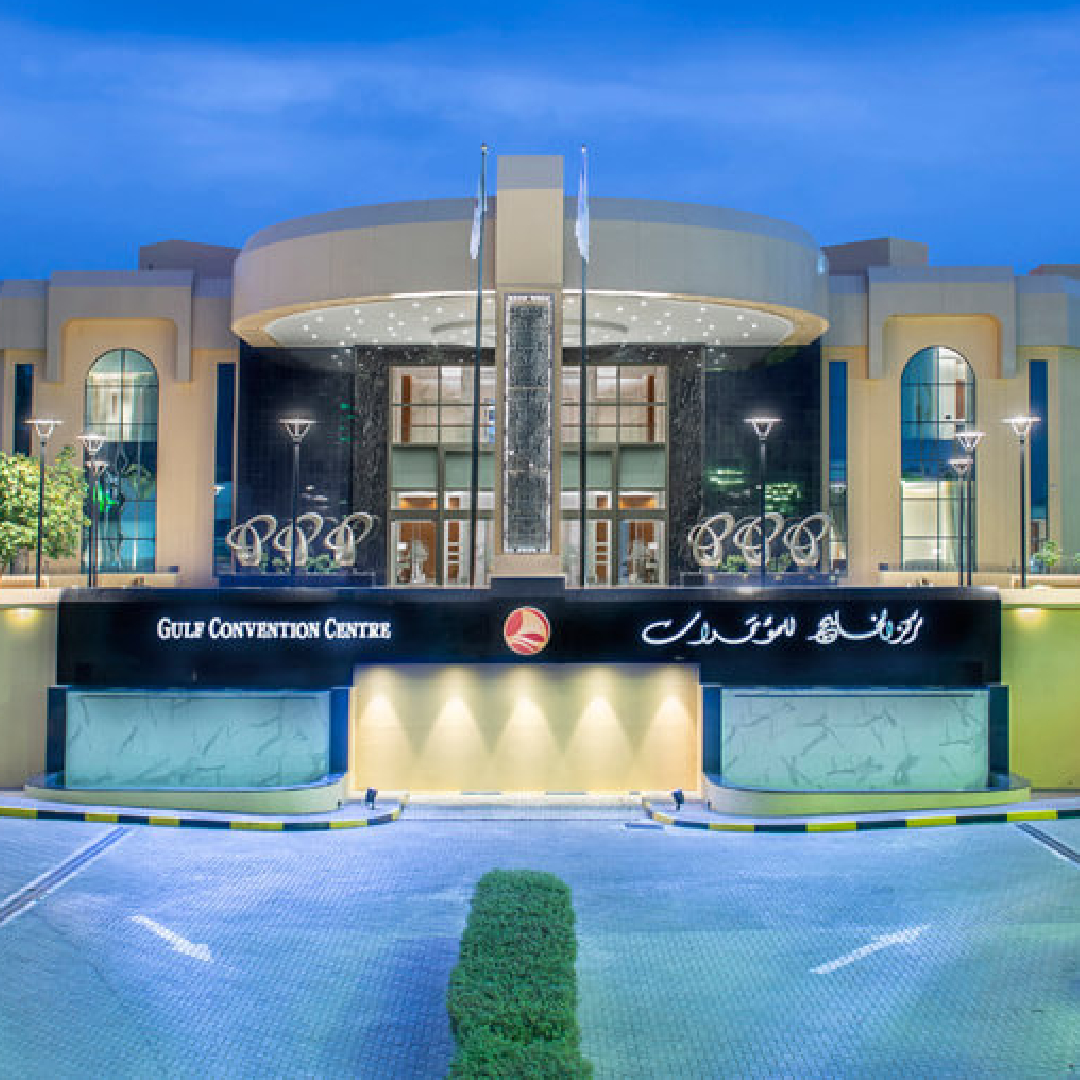
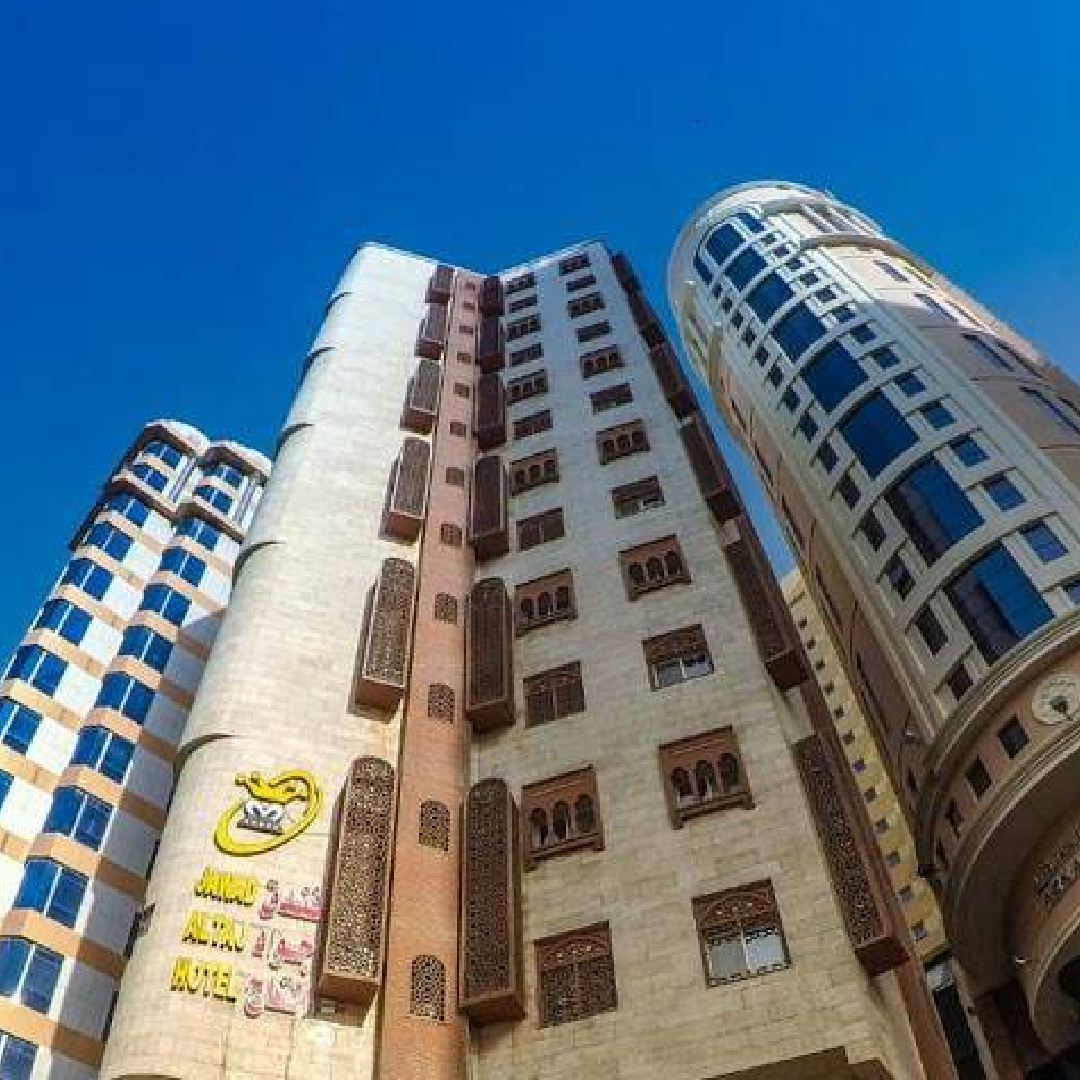
Whether you are a front-of-house staff or a manager, it is important to develop a variety of hard and soft skills so that you can be promoted quickly.
Hospitality is an industry that’s open to new beginners. It’s an industry where you can learn on the job, develop skills through an employer training program, get a qualification via completing a Hospitality course and rise into a promotion relatively quickly.
However, that doesn’t mean that hospitality work is unskilled. On the contrary, hospitality employees and managers are some of the most skilled professionals out there, particularly when it comes to practising emotional intelligence and soft skills.
1. Customer service
One of the most important skills for hospitality employees is customer service. How staff serve customers can have a defining impact on business success, particularly in an industry where customers frequently leave reviews online.
According to consumer research, 93% of customers are likely to make repeat purchases with brands that offer excellent customer service, and 86% of customers agree that good customer service turns one-time clients into long-term brand champions.
Although customer service and communication skills are interdependent, great customer service involves more than being a friendly and empathetic communicator.
It’s also about responding quickly, listening to feedback and thinking proactively to anticipate customers’ needs.
Exceptional customer service means offering additional help or services that might improve their experience, being genuinely warm and empathetic, and finding solutions for any requests they make.
2. Teamwork
Whether it’s a big hotel or a small family restaurant, every hospitality business depends on teams working well together. A functional and effective team means:
Everyone trusts and respects each other
Everyone understands their roles
There’s good communication
There is collaboration rather than power dynamics
There is a commitment to a common mission.
To be a good team member, you need to respect, hear, empathise with and communicate with your team members. The best way to develop this skill is through practice: the more experience you get working in teams, and sharing tasks and responsibilities, the better you’ll get at it.
3. Organization and time management
In any hospitality role, it’s essential to be able to work efficiently under time pressure. You have to be able to think ahead, delegate and prioritise tasks and manage your limited time effectively. Thankfully for anyone who’s not naturally organised, this is a skill set you can learn and practise. Organisation, scheduling, task management and time management can also all be boosted with the help of useful time management tools such as apps, calendars and diaries.
4. Communication
More than most industries, hospitality requires professionals who are adept across the whole range of soft skills. When it comes to being an effective worker in a field defined by teamwork and service, communication is at the top of the soft-skills priority list.
Verbal and non-verbal communication skills are both crucial for hospitality professionals. Being an effective verbal communicator means you’re going to be better at:
Offering and asking for help
Speaking clearly and articulately to staff and customers
Conveying information to managers in an appropriate and timely manner
Listening actively
Being able to take in feedback
Training and instructing others
Providing customer service
Being an effective non-verbal communicator in hospitality means you can:
Read non-verbal cues and adjust your behavior or communication style
Be aware of negative non-verbal communication such as eye-rolling, and refrain from doing it
Manage your own posture and expression to communicate friendliness to customers
Moderate the volume and tone of your voice to maintain a calm demeanour
Like other soft skills, communication can be learned and practiced.
5. Problem-solving and initiative
Whether it’s tracking down a particular local wine for a hotel guest or figuring out a solution to a double-booked restaurant table, the hospitality industry is full of small problems that need to be solved.
Using your initiative to solve problems such as these may well be one of the most satisfying parts of working in the business. When you go that extra mile to help a customer, they really show their gratitude: that’s nice for you, but it’s also great for the business. According to one survey of hotel brands, exceptional customer service is important to 96% of consumers when it comes to brand loyalty.
6. Resilience
Although it may appear to be a character trait, personal resilience is in fact usually some combination of good mental and physical health, self-reflection, emotional maturity, a sprinkling of life experience and having the ability to regulate your own emotions and manage your stress levels under pressure.
Hospitality is a high-pressure industry, where employees often have to work long hours or late into the night. Sometimes you may have to deal with conflict among staff or professionals, in addition to working within a fast-paced environment where meals have to get to tables and rooms need to be filled.
Not only does resilience make you a calmer, happier person, but research also shows that hotel employees who develop their resilience are far less susceptible to burnout. It’s essential to develop your own emotional, physical and mental resilience if you want to be an exceptional hospitality professional. Here are some tips on what makes for a resilient person and how to do that.
7. Attention to detail
Whether you’re the head of the rooms division in a luxury hotel or waiting tables in a small restaurant, all hospitality professionals need to have an eye for detail. Is someone waiting for a table or trying to get your attention? Has the room run out of cold drinks? Is the dining room in disorder, just before dinner service? A big part of what makes for an exceptional hospitality employee is noticing all these things as they unfold around you.
The good news is that you can train yourself to become more observant and develop an eye for detail on the job. Practice by:
Setting yourself observation tasks, such as noticing every customer who wears red.
Keeping a checklist of everything you need to notice and frequently read over it while working.
Using mindfulness techniques to avoid distraction and notice everything in the room.
8. Conflict management
How well a professional can manage conflict has a huge impact across hospitality businesses. Firstly, resolving conflicts with customers in a way that leaves them feeling satisfied can have a positive impact on the rate of customer return, particularly when it comes to online reviews. One study found that 83% of hotel guests surveyed would book again if they received a “reasonable” response from management to their negative online review.
Secondly, hospitality businesses are made up of teams that have to work and function well together in order for the business to thrive. Conflict creates a stressful environment for staff and customers, and can disrupt the flow of business operations. It’s essential to learn how to manage conflict in hospitality, especially if you want to lead a team.
By practicing different conflict resolution strategies and self-development exercises, you can become adept at resolving conflict with maturity, a calm demeanour, and by setting clear boundaries.
9. Emotional intelligence
Emotional intelligence is the foundation that underlies all the other soft skills such as communication, teamwork and listening. Being emotionally intelligent means having the ability to interpret and respond to the social and emotional world around you with maturity and self-reflection. Emotionally intelligent people:
Take responsibility for their own behavior and mistakes
Approach others with empathy, maturity and curiosity
Are able to consider how their actions affect others without being told
Can be relied upon to fulfil duties, requests and obligations
Are good at communicating and listening
Make for effective leaders
Like other soft skills, emotional intelligence can be developed through practice. You can exercise your emotional maturity muscles through self-reflection activities, learning about different communication methods and concepts from behavioral psychology, working through emotional issues with others, and also through regular talk therapy.
10. Industry knowledge
In addition to all the personal and professional skills listed above, it’s important to mention industry knowledge. Maybe it’s not technically a skill, but it’s certainly essential if you want to be a hospitality professional.
Understanding the industry landscape will help you navigate where you want your career to go, whether you’re an employee, restaurant owner or hotel division manager. Knowing what other kinds of hospitality brands and businesses are out there will help you to understand your options, or give you some essential knowledge to improve the services, products or operations of your own hospitality business. In particular, you want to have some understanding of:
Online booking platforms, Apps and OTAs essential to your hospitality business
Local and international competitors and what products and services they offer
Your own menu, food and beverage, and where your produce comes from
The operations and divisions of your own hospitality business
Your own customers and what they want
Trending areas of potential hospitality business expansion such as packaged food items or wellness
What kind of employment and training opportunities are out there
What qualifications and training do you need to get promoted in hospitality.
Generally, common training topics are onboarding, food safety, communications with guests, housekeeping, menu management, safety & compliance, and policies & procedures. The hospitality industry is a service-based industry.